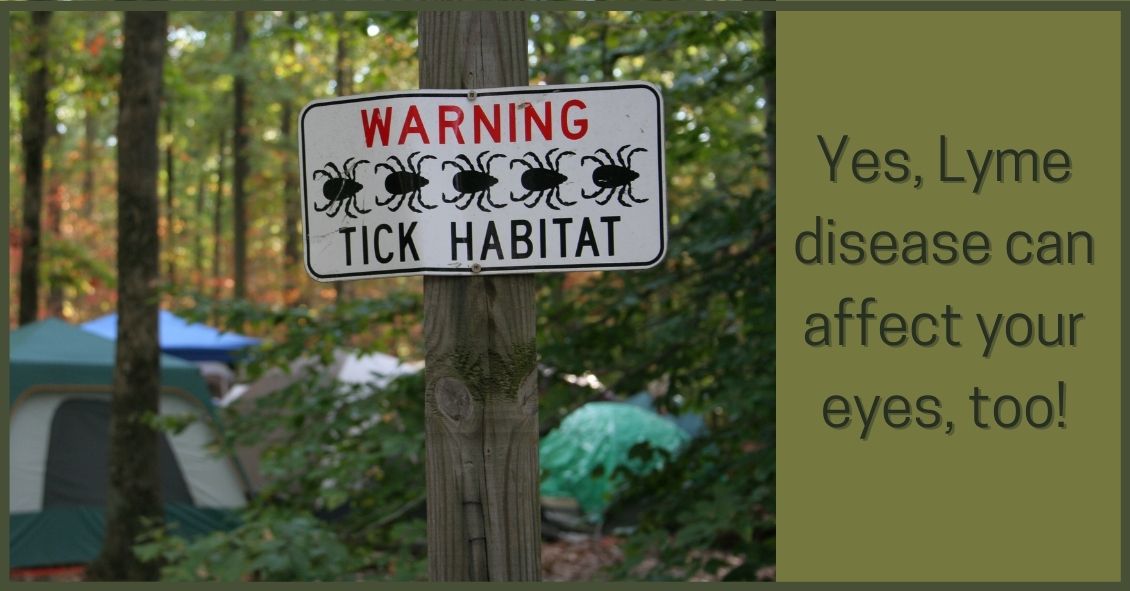Blog

It's the summer and one of the most common questions eye doctors are asked is, “Is it safe to swim in my contact lenses?”
The answer we give is “NO!"
Do millions of people swim with their contact lenses? The answer is “Yes, they do, but it is NOT a recommended activity.’’ There are several reasons why, ranging from comfort issues to others that are far more sinister and potentially blinding.
The first reason not to swim with contacts in is that the pH and buffering of your tears is not the same as plain water, and certainly not that of ocean or pool water.
Contact lenses, especially soft ones, are designed to do best in pH and buffers of solutions that mimic your natural tear film. This pH difference is often why after you swim in a chlorinated pool your eyes tend to redden, burn or blur.
When pool water or another water source mixes with your tears, the pH rapidly changes and there is a mini-chemical reaction occurring on the surface of your eye. Now if you add a...
Read more: How to Ruin a Fun Day in the Water in One Easy Step

Lyme disease is an infection that is caused by a spirochete (a type of microorganism) called Borrelia burgdorferi. It is transmitted to humans by the bite of a deer tick.
The disease has a strong geographical incidence, being highly concentrated in the Northeast United States and now also has a high incidence in Minnesota and Wisconsin.
Lyme disease was first discovered in Old Lyme, Connecticut in 1975. It can start with a characteristic “bull’s eye” rash, in which there is a central spot that is surrounded by clear skin that is then ringed by an expanding rash. It can also appear just as an expanding rash.
This rash usually starts within days of the tick bite. Eye problems can occur along with this rash in the first phase of the disease. This includes red eyes that can look like full-blown pink eye, along with eyelid swelling. It also can produce iritis or uveitis, which include sensitivity to light and inflammation inside the eye.
The second phase of the disease...


